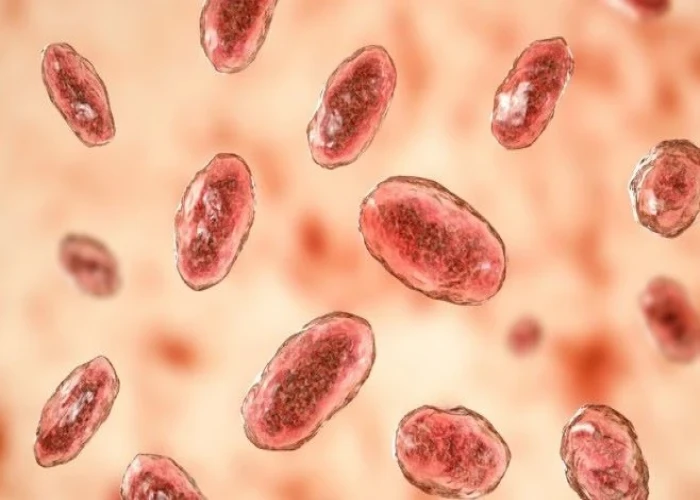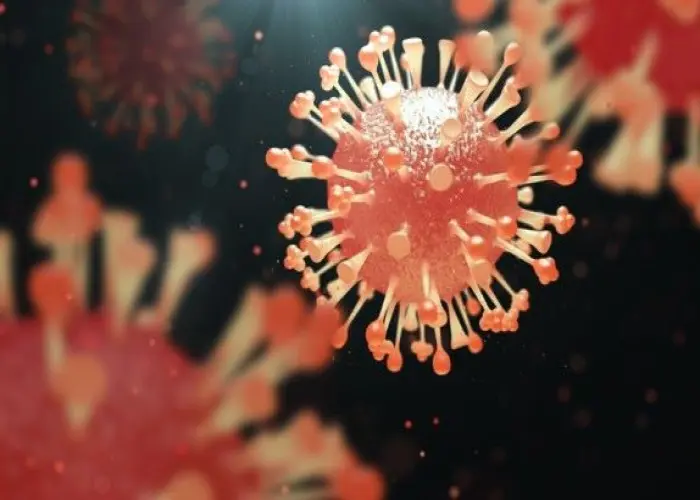 Welcome
Welcome
“May all be happy, may all be healed, may all be at peace and may no one ever suffer."
Toothache

A toothache is a painful sensation in or around a tooth, often caused by dental problems such as tooth decay, gum disease, or tooth infection. It can also be caused by other factors such as tooth sensitivity, a cracked tooth, or a damaged filling. The pain may be sharp, throbbing, or constant, and it may be accompanied by swelling, sensitivity to hot or cold temperatures, or a foul taste or odor in the mouth.
If you have a toothache, it is important to see a dentist as soon as possible. In the meantime, you can take over-the-counter pain relievers such as ibuprofen or acetaminophen to help manage the pain. Rinsing your mouth with warm salt water can also provide some relief by reducing inflammation and killing bacteria.
You should also practice good oral hygiene, including brushing your teeth twice a day with a fluoride toothpaste and flossing daily, to help prevent future toothaches. Avoiding sugary and acidic foods and drinks can also help protect your teeth and gums.
If your toothache is severe, lasts more than a day or two, or is accompanied by a fever or swelling, you should seek immediate medical attention, as these may be signs of a more serious dental or medical problem.
Research Papers
Disease Signs and Symptoms
- Toothache
- Tooth sensitivity
- Bleeding and irritation with tooth brushing
Disease Causes
Disease Prevents
Disease Treatments
Disease Diagnoses
Disease Allopathic Generics
-
Aceclofenac
Medicines containing aceclofenac for pain. 1+0+1 on a full stomach
-
Mefenamic acid
Medicines with mefanimic for mild pain. Mass in stomach 1+0+1
-
Naproxen Sodium
In severe pain. 1+0+1 on a full stomach
-
Diclofenac Sodium
In severe pain. 1+0+1 on a full stomach
-
Diclofenac Potassium
Medicines containing diclofenac. 1+0+1 on a full stomach
-
Ranitidine Hydrochloride
Medicines containing ranitidine. 1+0+1 after meal
-
Amoxicillin Trihydrate
Medicines containing amoxicillin if there is a lesion at the root of the tooth.
1+0+1 or 1+1+1 in severe cases for 5/7 days. Boys-Girls 250mg 1 time 3 times a day or 1+0+1 (750mg)
-
Vitamin C [Ascorbic acid]
Vitamin C medicines.
1 pill 2/3 times a day.
-
Povidone Iodine
10 ml medicine should be gargled orally for 1 minute 2 times a day.
Disease Ayurvedic Generics
Disease Homeopathic Generics
Disease yoga
Toothache and Learn More about Diseases

Infectious diseases

Edema

Mesenteric lymphadenitis

Influenza (flu)

Chronic pelvic pain in women

Benign adrenal tumors

Vocal cord paralysis

Traumatic brain injury
toothache, দাঁত ব্যথা
To be happy, beautiful, healthy, wealthy, hale and long-lived stay with DM3S.
